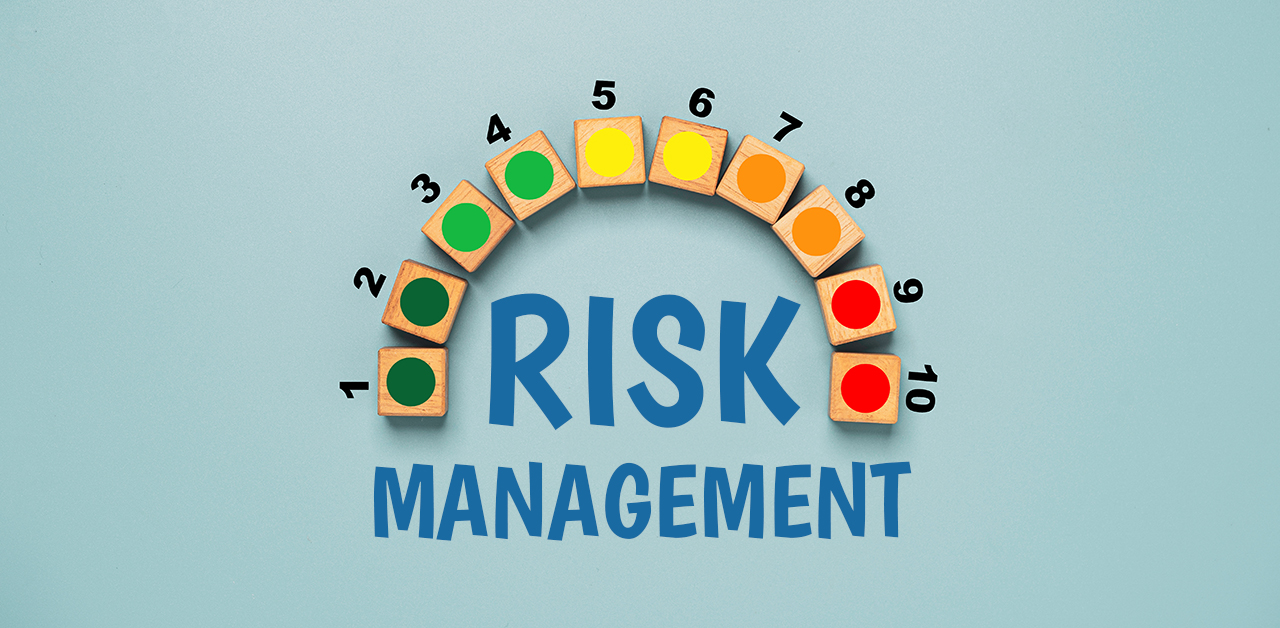Technology shifts rapidly, but outdated gear doesn’t have to be thrown in a dumpster once a current model is updated with a newer generation. It’s possible to extend the life of a piece of equipment, which promotes responsible recycling in lieu of landfill disposal, as well as more economically viable options for potential buyers. In the world of long-term data storage, LTO drives are upgraded every two to three years, with upgrades to 2015’s LTO 7 tapes already on the way. LTO 7 tapes offer the highest performance and storage capacity yet, and feature new support for security, system management, and higher data throughput, making them a continually relevant choice for large-scale data storage. Nonetheless, many users will likely face the decision to acquire future LTO generations, but that doesn’t mean throwing out the LTO 7 completely.
Years of performance
While LTO 7 tapes are still relatively new to the market, three additional generations have already been queued for release. As LTO 8 emerges on the horizon with the promise of a stunning 32-TB storage capacity, consumers working with high volumes of data will likely reach out for the updated models once they’re available. While this is to be expected, LTO 7 tapes have multiple years of life in them after their prime. The tapes are designed to potentially last anywhere from 15-30 years when stored properly, making it a wise decision to recycle used LTO 7 tapes, which can be refurbished and resold as high-functioning options for data storage. LTO 7 is capable of storing 15 TB of compressed data, outperforming any previous models of tapes. LTO 7 is still a top-performing device, designed to support the burgeoning need for higher storage capacity, speed, and security measures. Additionally, LTO 7 tapes enable backward-read compatibility with previous generations, which can ease the process of data migration from the earlier tapes.Why choose recycling?
Previous users of LTO 7 tapes wishing to upgrade should consider the most sensible method of disposal, recycling. Not only is it wasteful of perfectly good technology to discard an LTO 7 tape—someone else could retrieve years of use from it—it’s also irresponsible. LTO tapes are constructed from non-biodegradable materials, placing added pressure on companies and individual consumers to avoid sending their used LTO 7 tapes to a landfill where the plastic and metal parts are destined to become potentially toxic solid waste lasting hundreds of years. Furthermore, disposing of tapes that are in good condition in favor of an upgrade is a waste of resources, equipment that another person or company could put to work for the rest of the tape’s life. Once a tape has finally reached the end of its life, a reliable electronics recycling company will handle the tape’s components, ensuring an eco-friendly, no-landfill method of reusing the parts.Security is another important reason to recycle LTO 7 tapes. A responsible vendor will be accountable for thoroughly and securely erasing all data from the tape, eradicating the risk of theft or data breaches once the tape leaves the original user’s hands. OceanTech provides a chain of data destruction with certifiable results.Choosing to recycle LTO 7 tapes ensures individuals and companies alike are playing a key role in preventing excess waste, irresponsible consumerism, and access to unsecured information.

